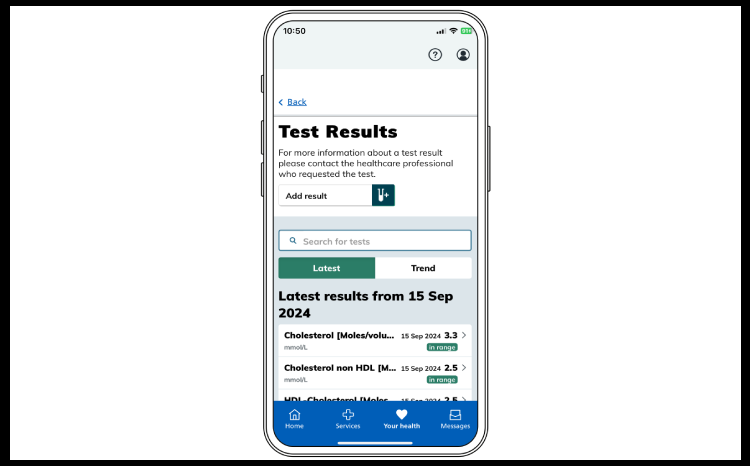Luton develops patient portal
- 1 March 2013

Luton and Dunstable Hospital NHS Foundation Trust is trialling a remote electronic monitoring system for patients with inflammatory bowel disease.
The patient-controlled medical records system is based on the patient records access portal Patient Knows Best. It gives users an online portal where they can monitor their own symptoms, decide when they need to go to hospital and get information on what they could do to avoid another visit.
Lead gastroenterology consultant at Luton and Dunstable Dr Matthew Johnson told eHealth Insider there were two key elements to the new monitoring system.
“The first is that we’re developing a national database register so that we can hold the data on all patients throughout Great Britain,” he said.
The database is being endorsed by the Royal College of Physicians and The British Society of Gastroenterology.
“The second element is the portal with Patient Knows Best. That gives the patient a personalised website which will integrate into the national database and will then point back to the patient,” said Dr Johnson.
When users log into the portal, they can track their symptoms and clinical staff are notified on how the patient is doing. The portal also generates advice sheets to help with self management.
“There’s a direct link to the hospital. Anyone scoring low is sent to a workload sheet so when the nurses log in to their system they can see a list of patients scoring low,” said Dr Johnson.
“Using the Internet and the electronic monitoring system enables the patient to monitor their inflammatory bowel disease condition from the comfort of their own home.”
Dr Johnson said the project was still at a very early stage, with 12 patients piloting the monitoring system before it was rolled out further.
“We will be inviting 450 patients next week and the aim is to give all of our patients access, which is 2814 patients.”
“However we will aim to discharge 800 of those and allow them to be managed by the system and be assessed via the virtual clinic through the national database,” he added.
Once the design was finalised, Luton and Dunstable planned to roll the system out to three more trusts in the next few months, then to go-live nationally.
GPs would also be given access to personalised patient management plans.
Dr Johnson said calculations suggested the trust could save about 1200 outpatient appointments a year.
“Not only does it save patients having to come into hospital, but also allows us to see that if these patients flare up, we can see them within 48 hours rather than generated clinic appointments,” he said.
He added that patients who needed to come to their clinic appointments, would still be able to do it, but that for those who did not need to, the portal was a safe way of managing their condition remotely.
“You can apply the concept to any long term illness,” he added.
Luton and Dunstable Hospital and Patients Know Best will demonstrate the inflammatory bowel disease portal at the Healthcare Innovation Expo on 13-14 March 2013.



